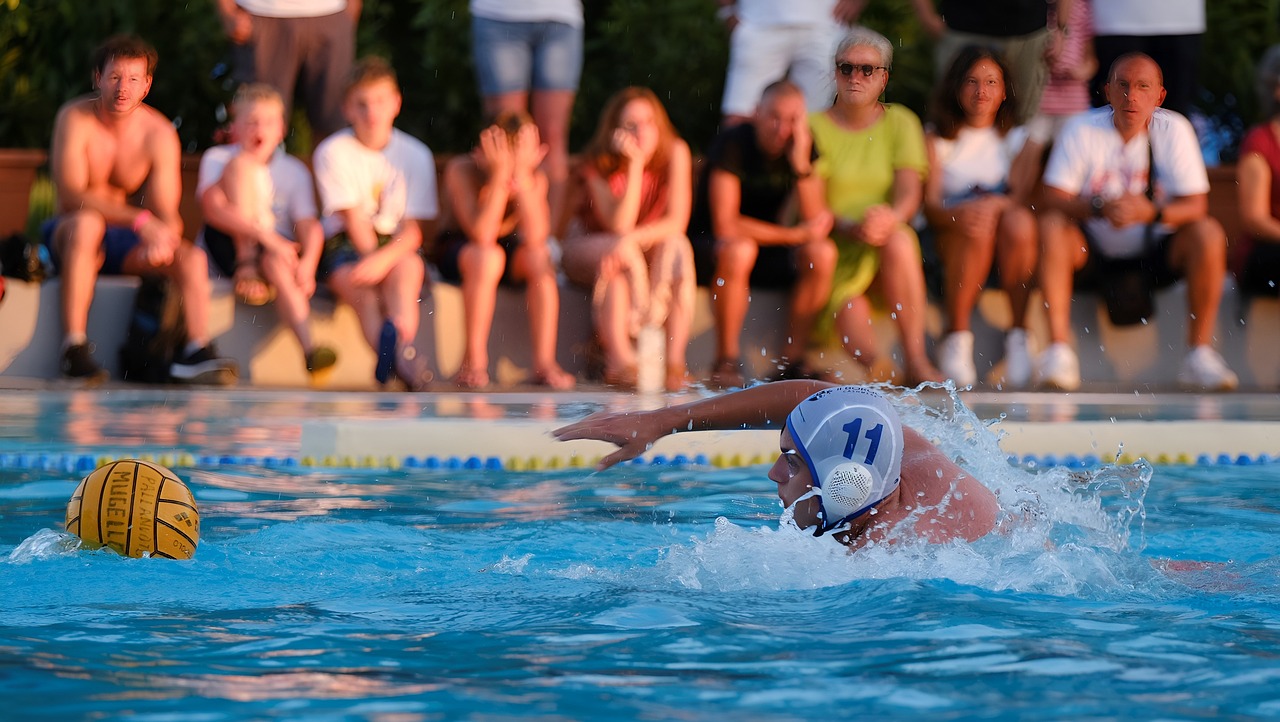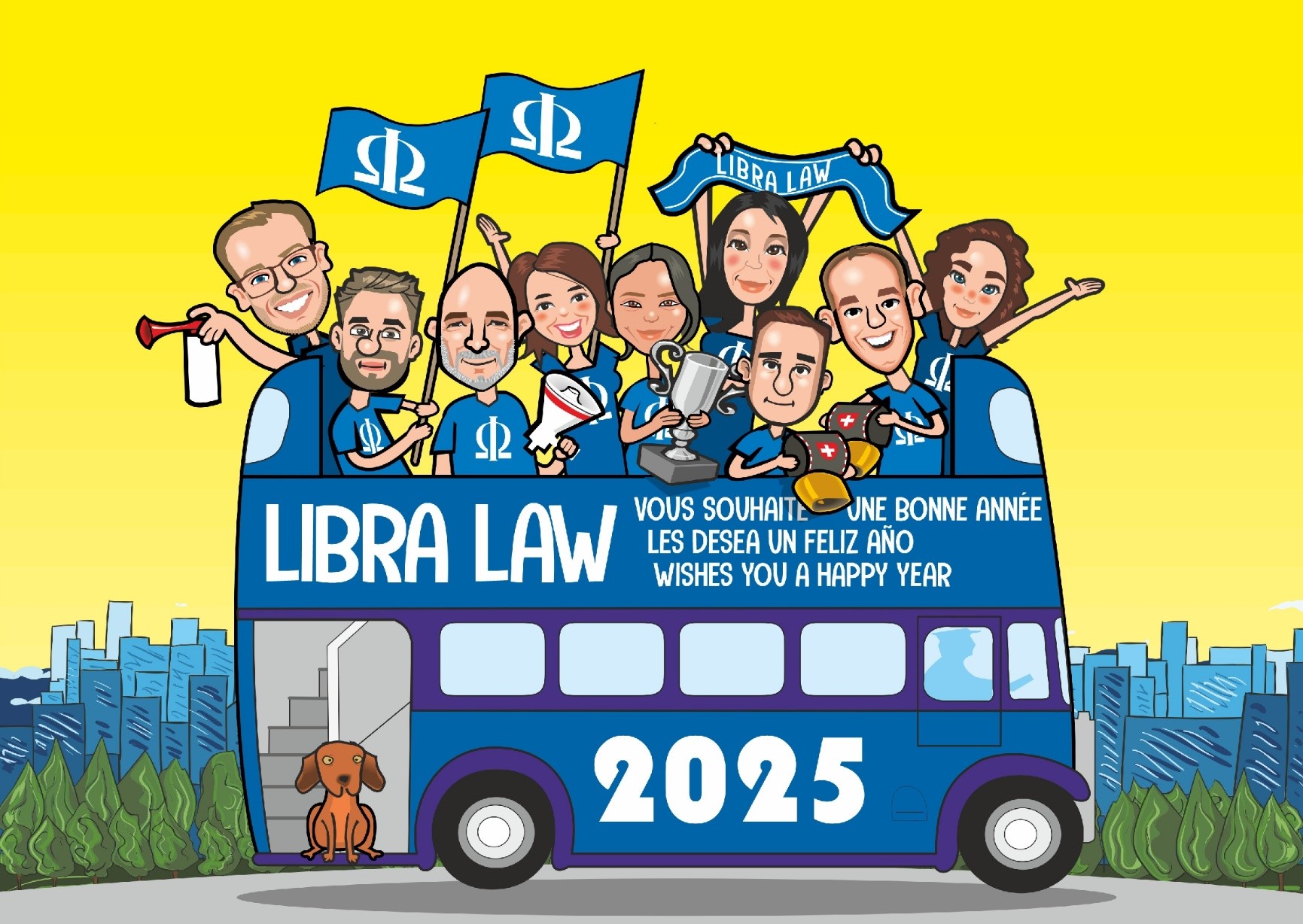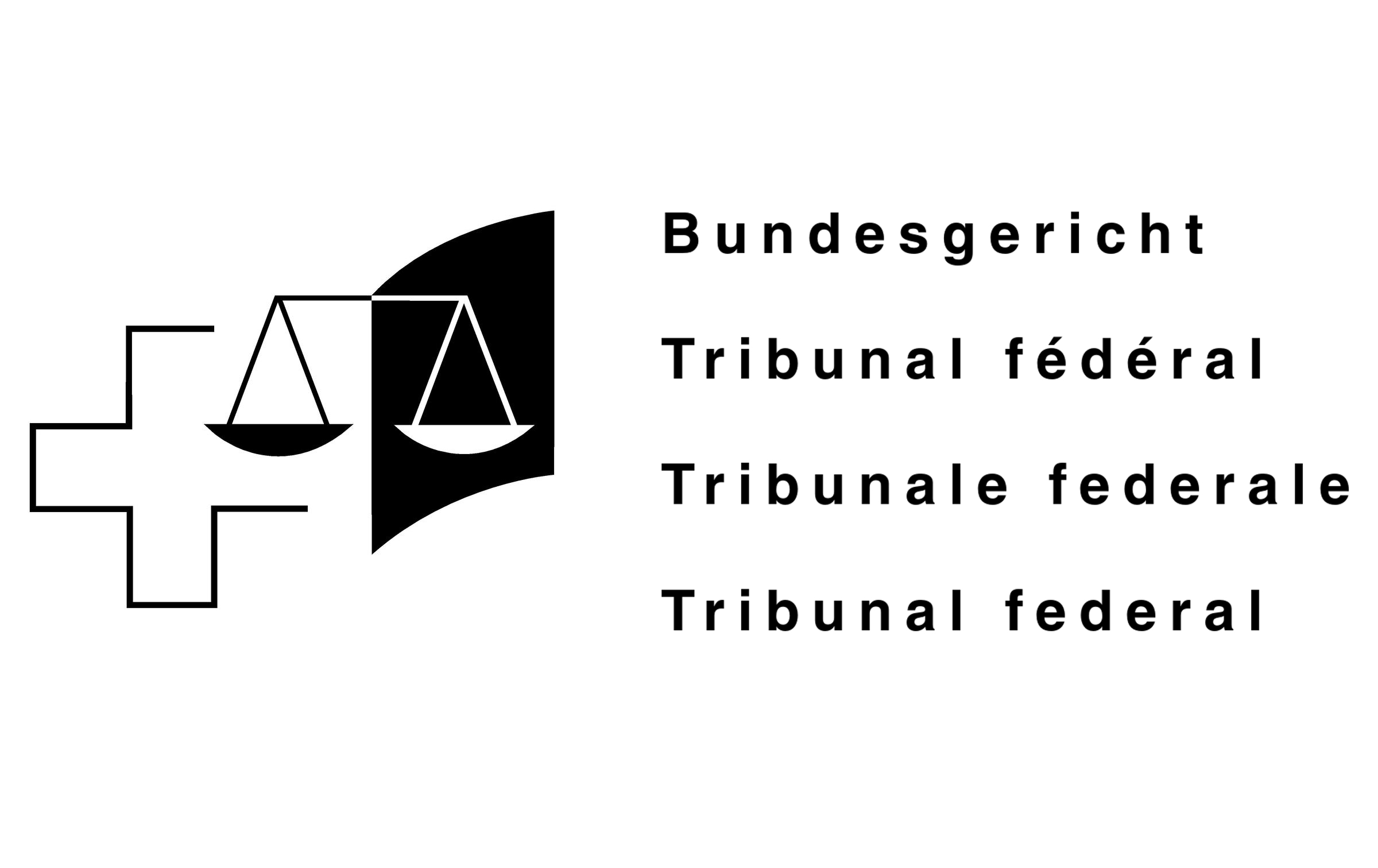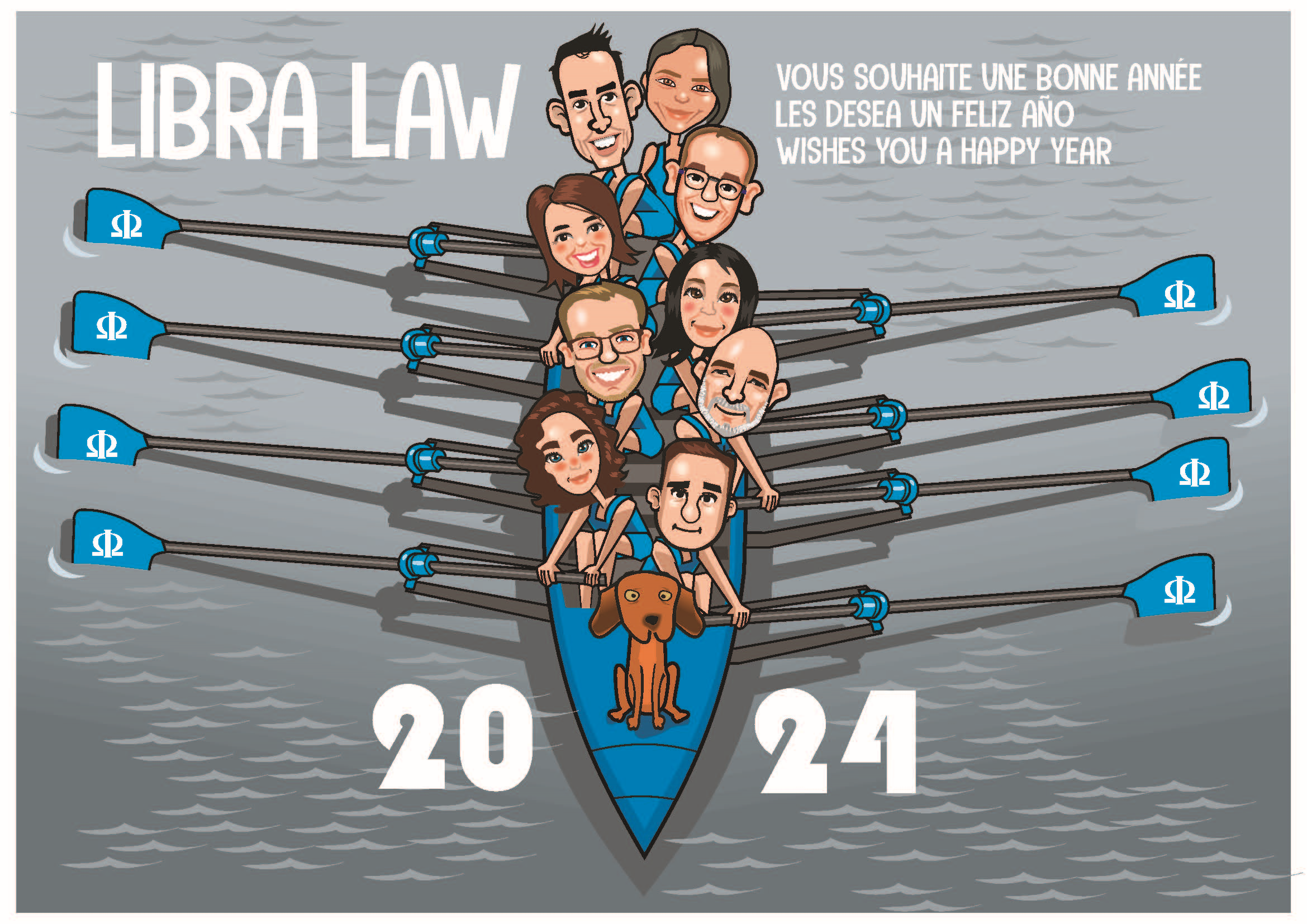When an arbitral tribunal is not what it claims to be
Libra Law is assisting former Olympic and World Cup biathlete Evgeny Ustyugov in a case against the IBU CAS 2020/A/7509 Evgeny Ustyugov v. International Biathlon Union.
The IBU had filed a “request for arbitration” with the Anti-Doping Division of the Court of Arbitration for Sport (CAS ADD). The jurisdiction of this court was immediately challenged as the athlete had never signed an arbitration agreement and the arbitration clause referring to the CAS ADD had been adopted by the IBU after the athlete’s retirement.
In a decision issued on 22 December 2022 (ATF 148 III 427), the Swiss Federal Tribunal confirms that the CAS ADD is in fact not an arbitral tribunal, but only a disciplinary authority acting on delegation from the international federations. Under these circumstances, no arbitral compromise was necessary and the IBU could therefore validly delegate its disciplinary power to this new chamber, which took office in 2019, without obtaining the athlete’s prior consent.
In a very detailed five-judge decision, the Swiss Federal Tribunal emphasized, first of all, that the name of a body, even if it is called an “arbitral tribunal“, should not be relied upon (see 5.2.3). In this case, the rules of procedure adopted by the CAS ADD are entitled “arbitration rules”. These rules make numerous references to concepts taken from arbitration. Thus, art. A2 refers to an “arbitration clause”. The same provision also states that the CAS ADD acts as a first-instance arbitration authority. It also speaks of “arbitration procedure”. Article A3 refers to “arbitration panel“. Article A4 refers to “the language of the arbitration”. Article A6 indicates that the procedure is initiated by a “request for arbitration”. It also indicates that the proceedings end with the notification of an “arbitral award”.
The Swiss Federal Tribunal does not consider such terminology to be decisive (see 5.9.3). Rather, it must be noted that the parties did not intend to invest an arbitral tribunal with the power to render a binding decision in place of the normally competent state court. Moreover, it is clear from the agreement signed between the IBU and the CAS ADD that it is a matter of delegating to this chamber its competence to rule in the first instance on the existence of possible anti-doping rule violations and to pronounce, if necessary, disciplinary sanctions. However, a genuine arbitral tribunal, which by definition must offer sufficient guarantees in terms of independence from the parties, cannot base its power to render an award, which has effects similar to those of a state judgment, on a delegation agreement concluded only with one of the two parties to the dispute (see 5.9.3).
In conclusion, the CAS ADD cannot be equated with an arbitral tribunal in this case (see 5.9.3).
If the CAS ADD is therefore merely a disciplinary authority deriving its powers from a delegation from an international federation, it is nevertheless necessary to reserve the case where the parties agree to entrust their dispute to the CAS ADD by having recourse to a panel of three arbitrators and by renouncing to appeal to the CAS Arbitration Chamber. In such a case, the CAS ADD should be seen as an arbitral body in its own right, since it derives its jurisdiction from a genuine arbitral compromise. However, the fact that CAS ADD is bound to one of the parties, namely the international federation, by a contract providing for a delegation of authority, poses a major problem in terms of its impartiality. There is no doubt that such an issue will one day be assessed by the Swiss Federal Tribunal.










